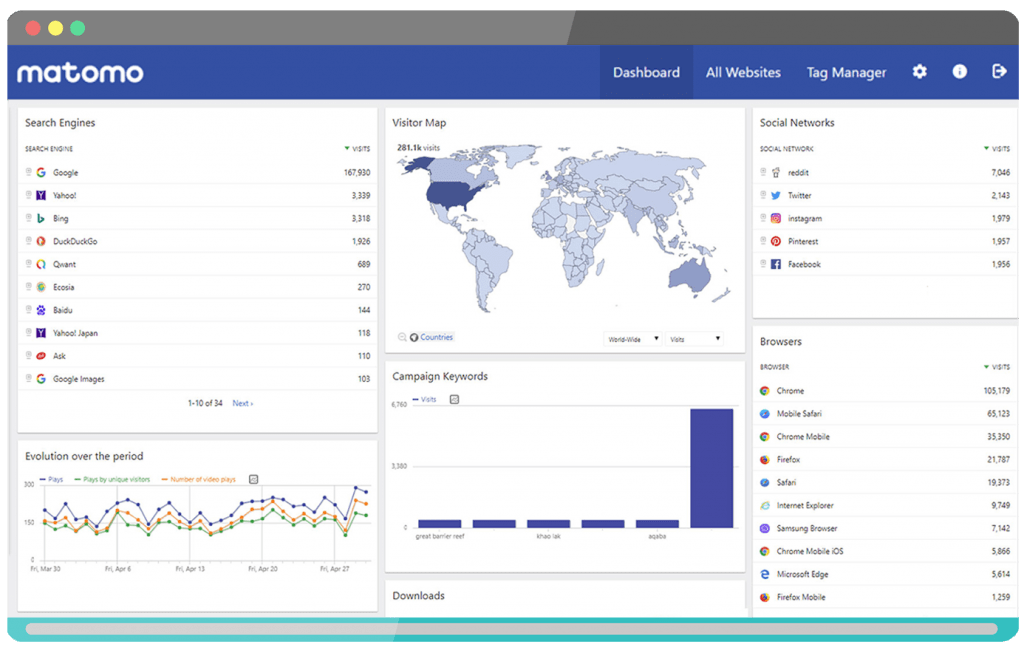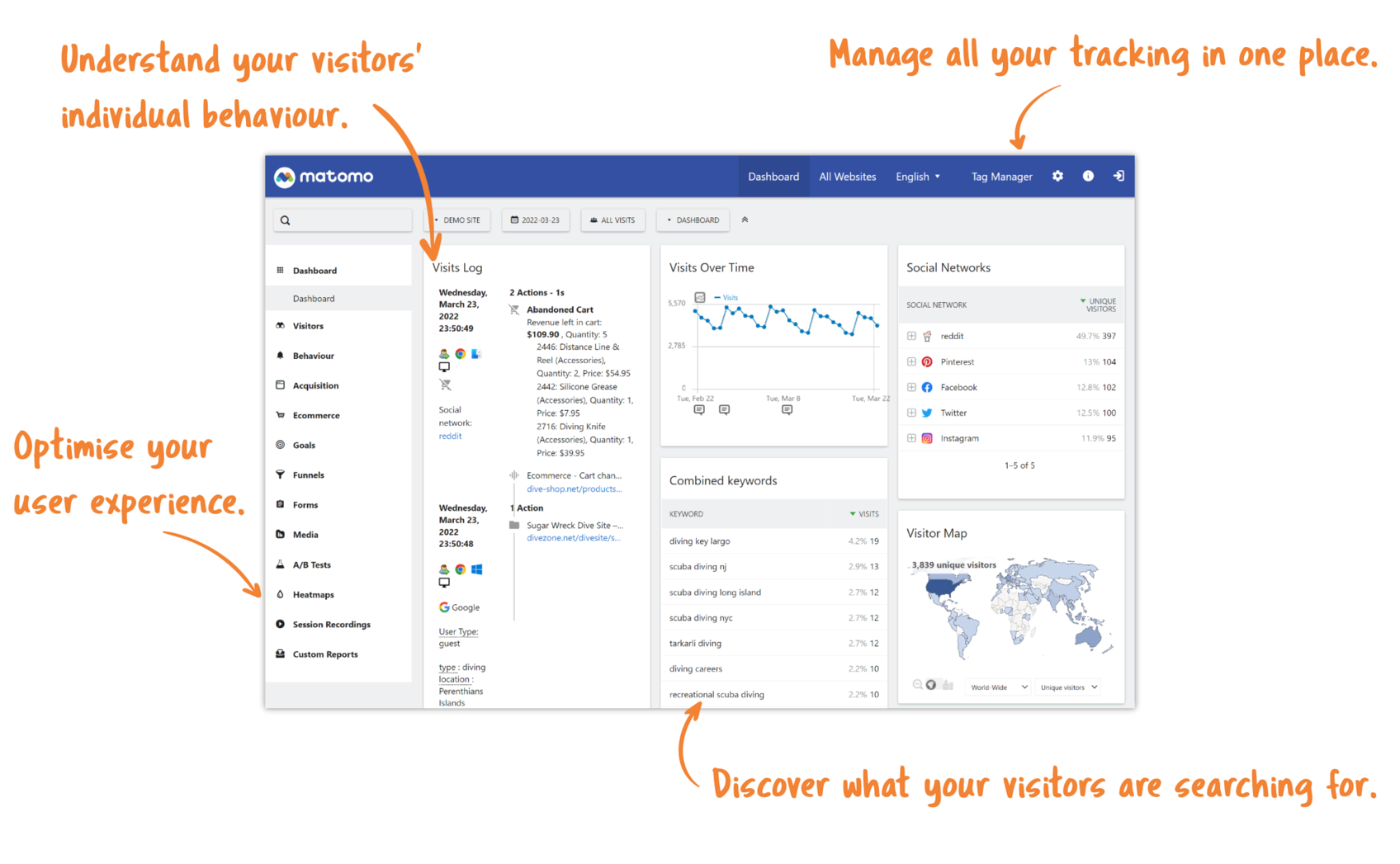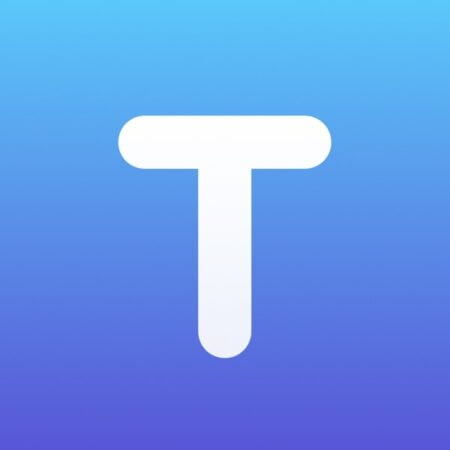I know Google Analytics is extremely popular when it comes to Website Analytics with most users. But popularity should not be the only reason you choose something.
Matomo (Piwik)
I started using Matomo back when it was only called Piwik. Both products evolved from the community-led, open-source project (Piwik) launched by Matomo CEO Matthieu Aubry in 2007. Since 2016, Matomo and Piwik PRO have been operating as separate business entities — and maintained different product visions and positioning.
Matomo is Open-Sourced
Matomo remains open-sourced, which is my favorite part about it. Not to mention it is recognized for ethical data collection by global data regulators (such as French CNIL). Matomo is used by 1+ million websites, and nearly 10% of the top 10,000 websites in the world choose Matomo as their web analytics solution. They even have a Market Place to add more features.
Why do I use Matomo vs. Google Analytics?
Matomo offers self-hosting of its analytics software. That means the whole thing stays on your server, which is great for websites with sensitive data. I mean, we all know what Google does with data…
With Matomo self-hosted, you can use a custom domain for it. Example: analytics.mywebsite.com. Google does not offer self-hosting analytics (as of this post). You can also use a WordPress Plugin to easily connect to your Matomo install. I recommend the WP-Matomo Integration plugin by André Bräkling for a nice lightweight solution.
Google Compliance with Global Privacy Laws
Websites using Google Analytics risk being fined for GDPR breaches. The Court of Justice of the European Union (CJEU) has found that cloud services hosted in the US (like Google Analytics) are not compliant with GDPR and EU privacy laws. The legal ramifications of these findings have meant that the use of Google Analytics is now illegal in countries like France and Austria. Other EU member states are expected to follow similar rulings against Google Analytics too.
While Google has made efforts to make the new Google Analytics 4 more compliant, the data is still transferred to the US. For this reason, GA4 is not compliant with GDPR (also known as DSGVO in German, and RGPD in French).
Matomo Compliance with Global Privacy Laws
Matomo, on the other hand, can be made to comply with the strictest of privacy laws, including the GDPR, CCPA, LGPD, and more. This is ensured through robust data protection measures such as:
- EU hosted data
- Data anonymization
- Use of first-party cookies
- IP address anonymizer through data anonymization techniques
- DoNotTrack settings
- Shorter expiration dates for cookies
These safeguards are why EU institutions like the European Commission, privacy activist non-profit organisation, noyb and the French Data Protection Agency, CNIL trust Matomo on their own sites.
Furthermore, Matomo has been approved by the CNIL as one of the few web analytics tools that can be used to collect data without tracking consent.
Data Ownership
With Google Analytics, the trade-off with using a free tool like Google Analytics is that they own your data. This means that Google can use your data for its own purposes, like targeted advertising, which is also a major threat to privacy.
With Matomo they solve this problem by giving you 100% data ownership. Your web analytics data is yours to own, with no external parties looking in. Gain peace of mind knowing you’re in complete control as your data is only being used for your own web analytics purposes. Data Ownership gives you the power to protect the privacy and build trust with your users.
In addition, because you own the data and it’s not used by third parties, you can get rid of cookie consent banners.
There is way too much to list in one post. I will create separate posts on specific features in the near future. For a full list of features, please visit https://matomo.org/features





